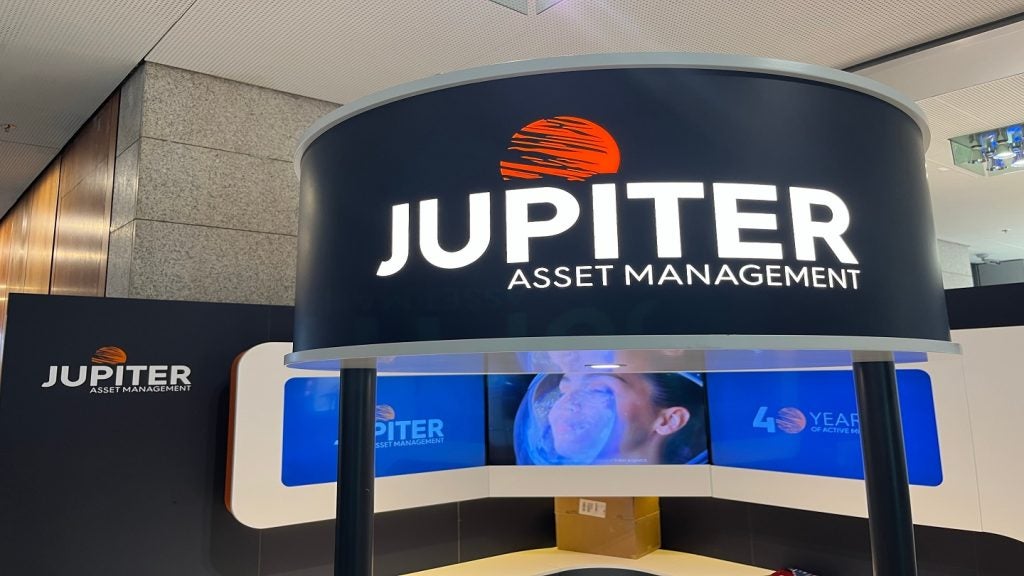How can you provide a specialised niche service to high net worth and ultra-high net worth clients across the world? Can you be specific and global at the same time? Patrick Brusnahan speaks with Florent Albert, global chief financial officer at Lombard International Group, to find out the challenges.
Patrick Brusnahan: You have been with Lombard International Group for nearly
five years now, as European CFO before becoming group CFO. What trends have you seen take more prominence recently?
Florent Albert: At Lombard, we’ve continued to grow. We’re reasonably excited about where the industry is.
Equally importantly is the growth of ultra-high and high net worth individuals in the world, and that population has continued to grow over the last few years. It’s a long-term trend, and we’re going to be continuing to see this in the foreseeable future.
What’s interesting as well is regulation continues to become more complex, convoluted and expensive. Because of that, it’s become more complicated for individual investors to really navigate that environment. We have the capabilities and the expertise to support those individuals as they think about the future, particularly estate planning and wealth management planning.
PB: What does Lombard do differently to navigate regulation?
FA: We’re a pure player, we’re unit-linked focused.
We do something which is very niche in itself, which is catering to ultra-high net worth and a high net worth individuals within a space that we control well. So that focus really allows us to build expertise. What is unique to us is that we are the only global player in that space.
PB: Is it difficult to do something niche on a global scale?
FA: You cannot just decide to build this business because there are so many barriers to entry. There’s so much expertise, there’s so much regulation.
It was actually two regions [Lombard International Assurance and Lombard International US] that grew separately and then realised at some point that it really made sense to combine.
PB: Who are your competitors?
FA: If we look at our competitors in Europe, I would mention Swiss Life which has some scale. Cardif, the insurance arm of BNP Paribas, has capability as well.
It’s a limited field, for the reasons that I described, which is that if you want to be meaningful, if you want if you want to have the right size and if you want to have the right capabilities, it takes time, effort
Florent Albert, Lombard International Group and years of development, and not every company is willing to invest the time to get there.
PB: Would you say most your clients are ultra-high net worth or high net worth?
FA: We have quite a span. If you look at the average ticket size of a client in Europe, it’s about a couple of million.
It starts in the hundreds of thousands; I mean the hard floor is €250,000 in Europe, but it’s really just a floor to not go anywhere near retail banking. And it can go up to hundreds of millions; we have single policies that are eight or nine digits.
In the US, the ticket size is a little bit higher; you’re probably looking at around $15-20m.
PB: Have you seen any investment trends from your clients become more prolific?
FA: ESG is becoming top of mind. It’s becoming more and more relevant for ultra-high when they make investment decisions.
We are seeing a clear trend towards end clients being very mindful of where their money’s going to be invested. We’re starting to help and educate them, when it comes to the asset managers that are better positioned.
Asset managers or bankers in general are quite good at self-promoting how good they are at ESG. They need a lot of help from us, but it’s been a very interesting trend, and it has dramatically accelerated over the last year.







